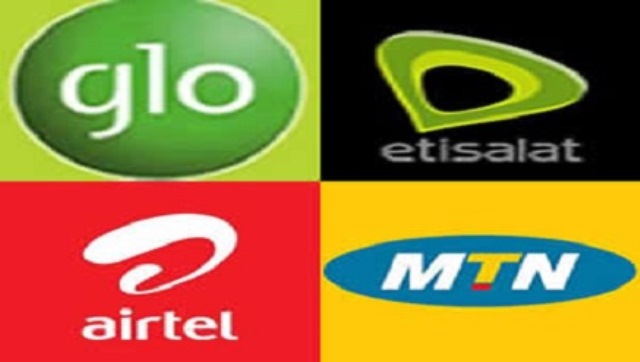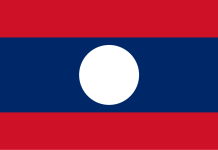In the midst of a dispute over Unstructured Supplementary Data Service debt totaling more than N120 billion, telecommunications companies have sent disconnection notices to Deposit Money Banks.
For using their USSD infrastructure for financial services, banks are allegedly owed N120 billion by telcos.
The telecoms, MTN, Glo, Airtel, and 9mobile, have now made it clear that they want to prevent bank clients from using USSD short codes to access bank services.
The Nigerian Communications Commission authorized telcos to disconnect the banks, following the failure of stakeholder efforts, including those of the former Minister of Communication and Digital Economy, Isa Pantami, the NCC, the Central Bank of Nigeria, MNOs, and DMBs.
In their statement, the telcos noted that “it is pertinent to note that the contract between MNOs and DMBs on the use of USSDs for banking transactions is strictly commercial and MNOs are at liberty to withdraw the services if it is established that the transaction is unprofitable for them.”
According to Gbenga Adebayo, Chairman of the Association of Licensed Telecommunications Operators of Nigeria, sending bank notices is part of the withdrawal process. We haven’t disconnected yet, but notices have been made to the banks, he informed the press.
“The conditions of the agreement with the operators will determine how long this notice will be in effect. Disconnection depends on whether they make a payment in response. We won’t experience disconnections if they answer with payment. If not, we would begin disconnecting services over the ensuing days, weeks, or months.
Since 2019, there has been a dispute over who should pay for USSD services between banks and telcos. In 2019, telcos claimed that banks owed them N32 billion for providing financial services over USSD. Threats have since been exchanged, and on one occasion the Federal Government was forced to intervene after telecoms cut off banks’ USSD connectivity.
For many Nigerians, especially those without smartphones (according to Alliance for Affordable Internet, only roughly 44% of Nigerians have access to smartphones), USSD remains the major financial infrastructure.
If banks and telcos do not quickly come to an acceptable agreement, consumers would suffer, according to CBN Governor Godwin Emefiele.
He stated this recently at the introduction of SabiMoni: “I am very certain that we are going to get to the end of it because if we do not resolve the problem, the people who will suffer when this kind of disagreement goes on will be those who are users of the banking sector.”













